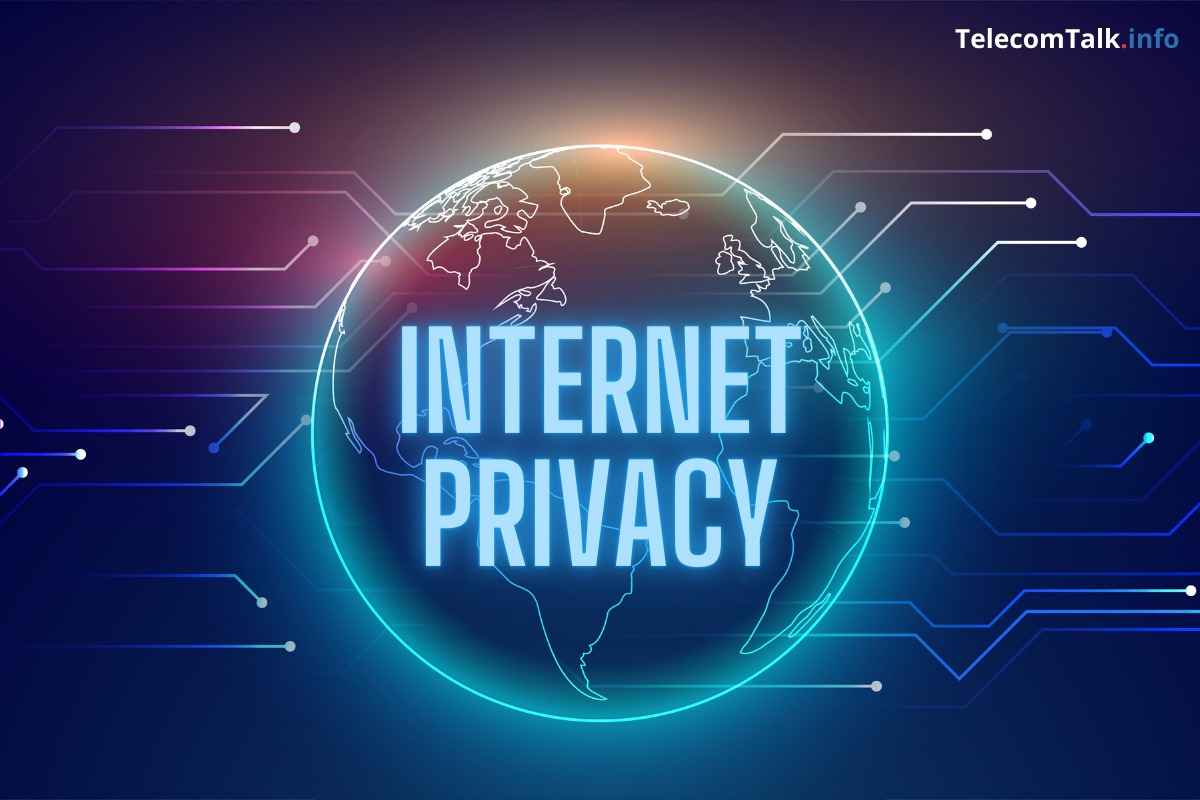What does Internet Privacy mean?
In simple terms, as the name suggests, Internet Privacy is the right to privacy on the internet. It is also commonly known as online privacy and, as we noted above, is just a part of data privacy. Your right to own privacy when you view, store and communicate data or information is known as Internet Privacy. Everything we do, share and store on the internet is information that needs to be protected and kept private. But this is not what usually happens when we access the internet. All our personal, financial and browsing information is at risk when we use the internet. Online privacy or digital privacy is how much of that information is actually kept secret.
What All Needs to be Protected?
We share an extremely dangerous amount of data over the internet. This sharing can be intentional or unintentional. Online privacy is about a combination of what you are doing on the internet and who you are. Who you are can be easily identified as we share personally identifiable information (PII) on the internet. This PII includes your name, mobile number, email address, home address and more. PII makes it very easy to track down an individual these days. This can be a major threat to real-world security. Talking about online security, what we do on the internet comes into play. Our browsing history, the websites we visit, the data we consume, our transaction history are all something that also needs to be protected as it gives away information on what we do.
Privacy Threats to Consider
There are enormous amounts of scams and ways in which your data can be compromised and put at risk. Here are some of the key privacy threats that you must know about. Tracking: We all are witnessed a specific target audience of ads on the internet. Have you ever observed how when you search for something on the internet and then get along with your work on another website, you start seeing ads related to your recent web search? This may have a convenient factor for some, but for most, it is an invasion of their privacy. Every movement we make across sites are tracked by advertisers, websites and other third parties, and they use cookie profiling to keep a record of your online movements and habits to target you with ads accurately. Surveillance: Due to the lack of proper law infrastructure in place regarding data and internet privacy, even your country’s government can monitor your activity and movement to aid law enforcement. An example of this is the UK having legal authorization under their Investigatory Powers Act to enforce mass surveillance of its citizens. Theft: There are various techniques and viruses that cybercriminals use to access your personal information with or without your knowledge. These include malware, spyware and phishing techniques. These cybercriminals can break into your online account and access and steal your personal information committing identity theft.
